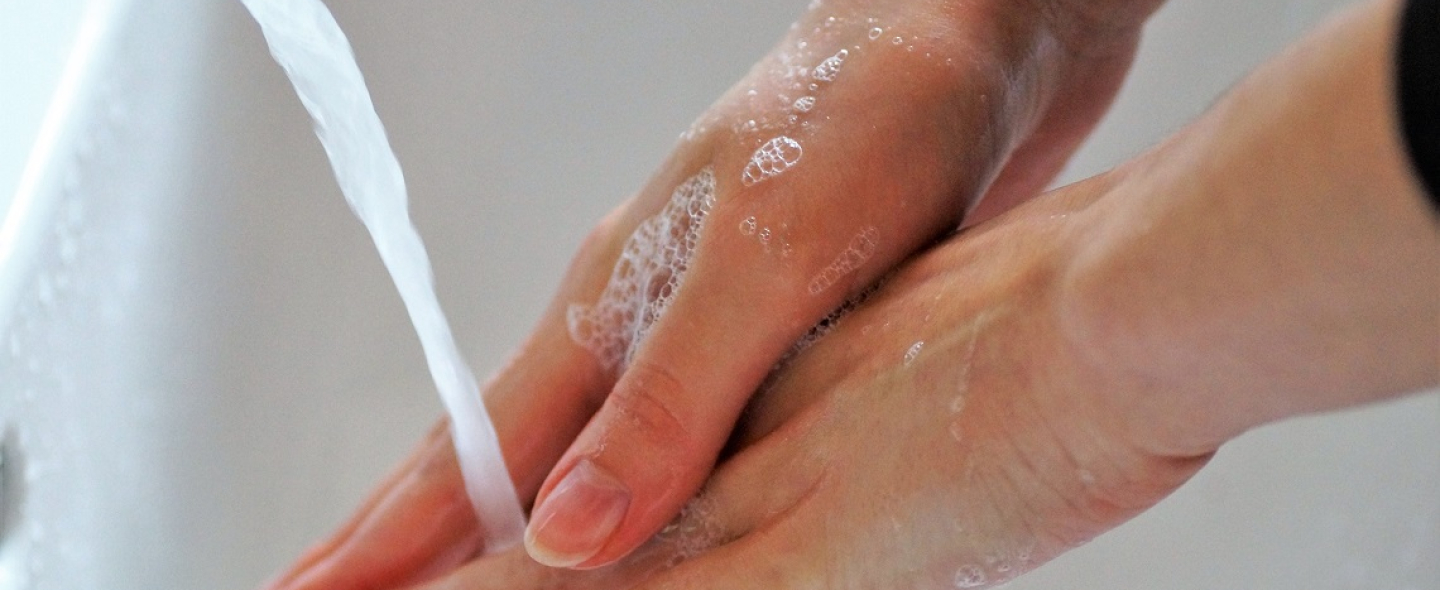On the 25th November 2013 the HSE published the revised ACoP L8 (legionnaires' disease) and Technical Guidance HSG 247 part 2. The old ACoP L8 was over 13 years old and a lot has changed in Legionella management and control in the last 13 years meaning this review was well overdue.
Paul Sear is a technical manager at SOCOTEC, with expert knowledge of ACoP L8, HSG274, HTM04-01, BS8580 and other legionella management, legal and best practice guidance and legislation. Here, he offers his advice on how duty holders can best prepare for the revised ACoP L8 legionnaire’s disease.
L8 - ACoP Legionnaires’ disease: The control of Legionella bacteria in water systems – what are the changes?
L8 has now been split into separate publications:
1. The revised ACoP L8
2. Technical Guidance HSG 274 which is in three parts:
- Part 1 - The control of legionella bacteria in evaporative cooling systems
- Part 2 – the control of legionella bacteria in domestic hot and cold water systems (interim document copied from version 3 of L8. New guidance now out for consultation and due for publication in March 2014
- Part 3 – The control of legionella bacteria in other risk systems
Copies of the revised documents can be found on the HSE website:
The new documents provide clearer and more concise advice on the management and control of legionella in water systems.
What are the key changes in the ACoP?
- There is now a greater emphasis placed on the duty holder within the ACoP ensuring they have enough knowledge to make key decisions.
- It is now easier for the duty holder to understand their legal duties.
- ACoP status has now been given to “Carrying out a Risk Assessment” with more detail information present and although not directly referenced relates to BS8580:2010.
- Risk assessments no longer have to be undertaken every two years, but should be considered a living document and should be reviewed regularly and specifically when it is no longer valid.
- There can be proportional risk management of low risk systems.
- ACoP given “Review of Control Measures: monitoring and routine inspection’’. Auditing is an important part of the duty holders and responsible person’s position especially since two yearly risk assessments have been removed.
- Competent person or persons can now be appointed to manage the risk and no longer need to be a director or manager. Sharing responsibility removes the controlling mind and is especially important in large and complex systems. Training and knowledge is key.
- Competent person or persons may now be appointed from outside an organisation but must still have sufficient, competence, knowledge and authority.
- Communication is key to good control both internally and externally. The new ACoP references this in many areas.
- ACoP status has been given to the responsibilities of designers. There is more information on legionella considerations at the design stage of new builds.
Our technical manager has undertaken a detailed review of the new revised L8 ACoP and Technical Guidance Documents HSG 274 Parts 1-3.
I am a Duty Holder/Responsible Person what do I have to do?
If you already have good control measures in place then it is very much business as usual. However there a number of changes, as described, that may affect how you manage and control the risk from legionella. Further changes are also proposed in HSG 274 Part 2 hot and cold water systems which may affect your day-to-day activities.
How can SOCOTEC help you?
SOCOTEC will be happy to meet with you and discuss the changes in the ACoP and how they affect your management and control of legionella.
We have many years of experience in the industry and can offer a comprehensive range of services to help you manage the risk from legionella including:
- Risk assessments for all water systems
- Training
- Auditing
- Policy and procedural documents
- Monitoring and reporting programmes
- Microbiological analysis at our own UKAS accredited labs
- Design validation risk assessments
- Outbreak and system contamination investigations
- Water treatment programmes
- Consultancy services



